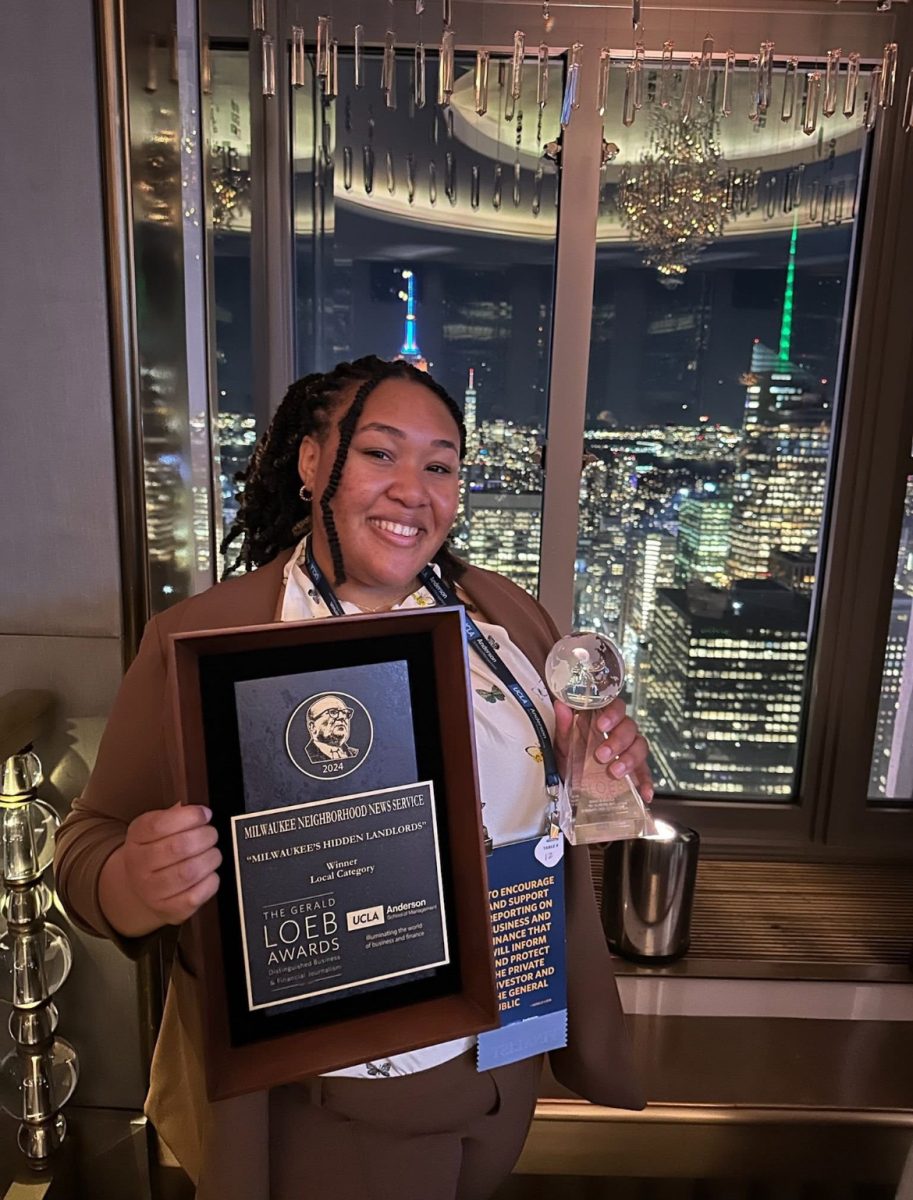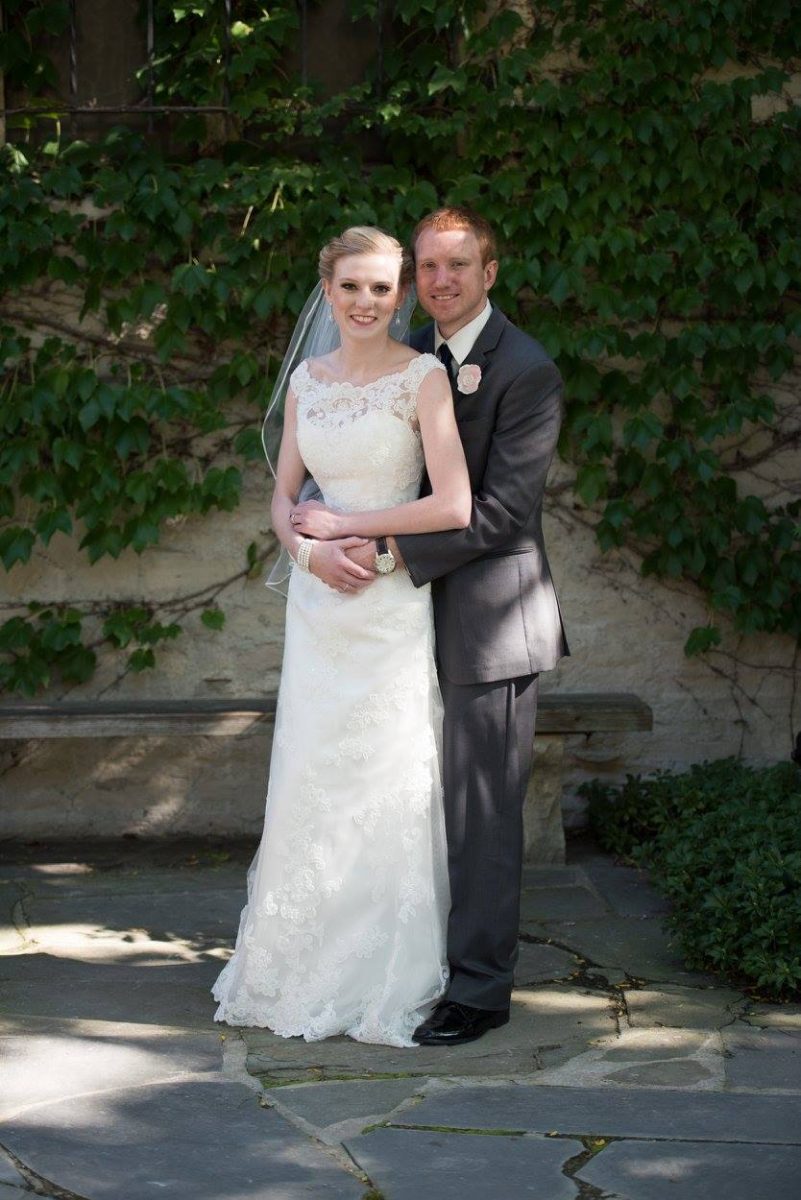
Last year, I had a unique opportunity to meet five esteemed alumni. For a journalism research paper, I spent many hours talking to James Areddy, Jacqui Banaczynski, Margo Huston, George Lardner and John Machacek, who have all won Pulitzer Prizes in journalism.
Inspired by the 100th anniversary of the Pulitzers last year, I examined Marquette’s connection to what is considered the highest honor in American professional journalism.
I talked to these five alumni about their Marquette journalism experience, careers leading up to winning the prize and the significance of the prize on their lives. For the majority of the conversations, I asked questions and listened to their incredible stories. The phone calls usually ended, though, with questions for me about my Marquette journalism experience — in particular, my involvement in student media.
As we shared stories about long nights working on the Tribune in the Johnston Hall basement, it became clear to me the place where these journalists earned their first bylines – be it the Marquette Tribune, Journal or former Hilltop yearbook – had significance on their careers to follow. These publications created a community for the budding reporters, and several of them agreed their experience working among other students probably taught them just as much as, if not more than, their classes.
Today, Marquette student media is very different from what students 100 years ago experienced. Those who created the first edition of the Tribune donated their own money to purchase the printing equipment, and radio was introduced to campus around the time the U.S. entered World War I to teach drafted students Morse code and wireless telegraphy. As decades went by, the Hilltop Yearbook ceased publication in the late 1990s, and the Tribune went down to only one printed issue per week.
It seems, however, the same values remain. Marquette student media has always been the place young journalists first learn the art of storytelling and collaboration and discover where it is they belong in the field.
One of the most important things I learned while researching Marquette’s connection to the Pulitzer Prizes is it was no coincidence the prizes, Marquette journalism education and Marquette student media, all began within a few years of each other.
Around the turn of the century, the end of the partisan press led to the outbreak of sensationalism and yellow journalism. The public regarded newspapers as dishonest and subjective. The Rev. John Copus, a former newspaper reporter turned Jesuit, who established the journalism department at Marquette, called journalism “a profession sorely in need of ethical cleansing.” He knew the institution’s Catholic mission would benefit the profession and the public alike.
This weekend’s celebration of 100 years of student media will serve as a testament to the strength of the mission of Marquette journalism. Several hundred alumni will return to campus to remember their years working on student publications.
My experiences meeting the five Pulitzer-winning graduates gave me a renewed vigor for my journalism studies and made me proud to attend this university. I hope as former student media members meet with us students who are now in their positions this weekend, these interactions will provide the same admiration and inspiration.






